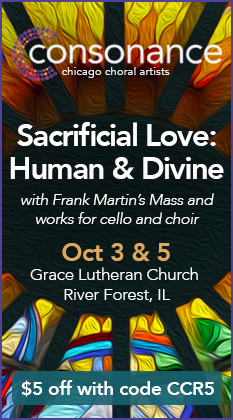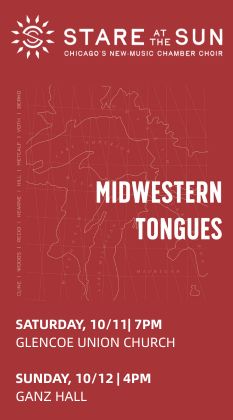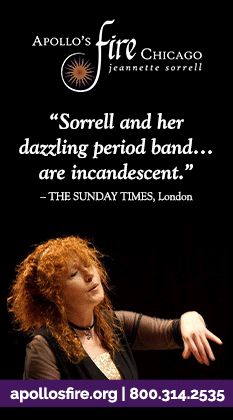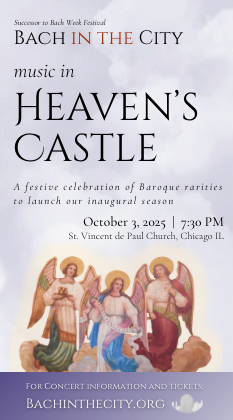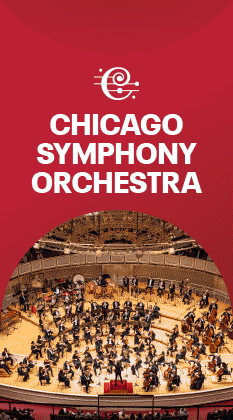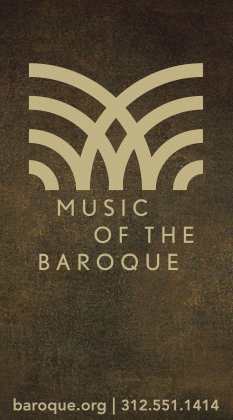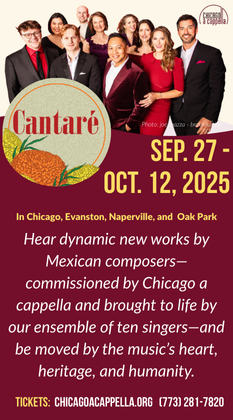A delightful double shot of Ravel with pianist Ott, Chicago Symphony
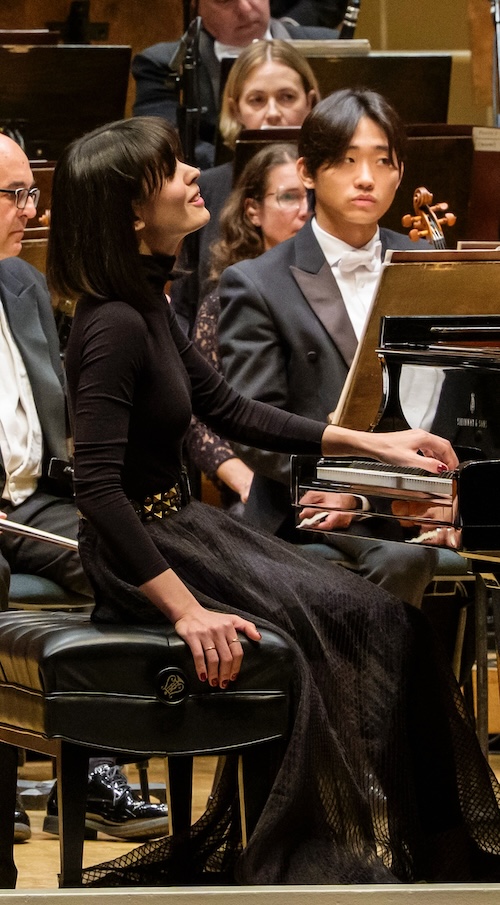
After last week’s mixed season-opener, the Chicago Symphony Orchestra got decisively on track Thursday night with an all-French program led by Mikko Franck.
Historically, Gallic music has been a sometime thing at Orchestra Hall, rarely venturing outside the usual repertorial suspects. This week’s program leans toward the populist side as well, yet it also nicely marked the 150th birthday year of Maurice Ravel with Alice Sara Ott performing both of the composer’s piano concertos.
This was Ott’s second CSO appearance, having made her debut with the orchestra eleven years ago. Since that local bow—an interregnum during which the pianist was diagnosed with multiple sclerosis—Ott has grown into a seasoned and most impressive mature artist.
Playing just one of the Ravel concertos is a daunting challenge, technically as well as interpretively. All credit to soloist Ott for tackling both works in a single evening and doing so with such complete command and idiomatic sympathy.
The Concerto for Left Hand is the darker sister of the two, a bleak and edgy work that manages to be virtuosic and eclectic in its oddball scoring and fleeting jazz elements.
Ott proved a first-class Ravelian, bringing striking power and liquid facility to the considerable southpaw demands (which Ravel astoundingly makes sound like ten fingers). For all her easy bravura, Ott was at her best in the lyrical passages playing with a cool, limpid unsentimentality that suited Ravel like a well-tailored glove.
Franck provided his soloist with a hard-charging accompaniment that, unfortunately, buried his soloist at times in boisterous moments. That apart, the Finnish conductor effectively brought out the vivid colors of this work with key contributions from Keith Buncke’s bluesy bassoon solo and the beast-like growling of contrabasoonist Matthew Melillo (Milwaukee Symphony Orchestra) in the concerto’s introduction.
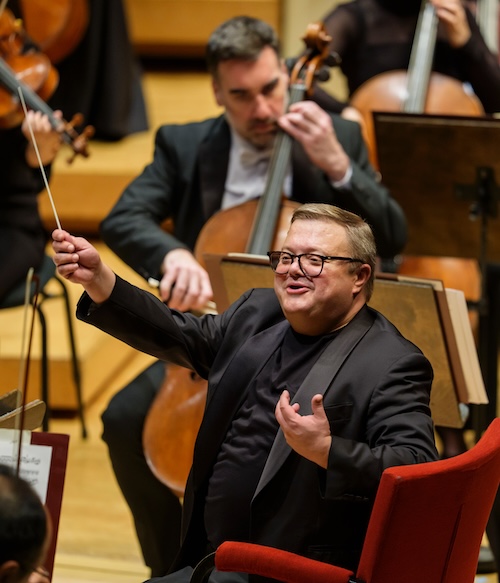
Ott was just as convincing in the G major Concerto, which followed after intermission. While the pianist’s personality seemed slightly more in synch with the brooding style of the Left Hand Concerto, she threw off a spirited and virtuoso rendering that put across the bright colors and off-kilter esprit of the framing movements.
The Adagio assai was the highlight, Ott unfolding the long-breathed solo melody with a spare , unadorned simplicity, all the more effective for not being milked. Scott Hostetler floated a lovely plaintive English horn solo over Ott’s soft figurations. Here too Franck provided lively accompaniment, encouraging the CSO musicians to boldly characterize Ravel’s antic musical rim shots.
No encore on this occasion but Alice Sara Ott had already offered the audience plenty with her extraordinary keyboard artistry. Let’s not wait another eleven years to have her back in Chicago.
The evening led off with Les Eaux célestes by Camille Pépin. The contemporary French composer takes her inspiration from an ancient Chinese myth that tells of a celestial love story. Pépin packs a lot into this nine-minute work, with four connected sections detailing the legend’s fantastical narrative.
Pépin describes her music as a meeting of French impressionism and contemporary American music, which was exactly how Les Eaux célestes sounded Thursday night. There is a rhythmic insistence that suggest the minimalism of early John Adams. Debussy is even more manifest in Pépin’s refined style and luminous textures—two flutists doubling on piccolos, alongside scoring for celesta and high percussion, including a bowed vibraphone.
The CSO musicians gave stellar advocacy to Pépin’s individual and compelling music, charting its progression from tense unease through striding energy and existential mystery en route to a triumphant coda. Under Franck’s alert direction, Pépin’s kaleidoscopic coloring came across with fine transparency.
Franck sits while conducting due to a chronic spinal condition. Yet, as with his last CSO appearance, he just as often rose from the chair to direct the performances.
A suite from Bizet’s Carmen looked like a bizarre finale on paper, giving the impression of a marketing dept. foisting this pops-concert staple on the program to boost box office.
As it turned out, Bizet’s familiar music worked surprisingly well as an audience-friendly dessert to close the evening. Franck used Fritz Hoffman’s suite of excerpts, which draws from the two traditional Carmen suites.
Hoffman’s arrangements aren’t very subtle and his choice of Carmen selections is idiosyncratic—no Habanera or “Flower aria,” but he finds room for an extended excerpt from the soldiers’ music.
Franck led a lively and effective performance with the musicians delivering responsive, personality-plus playing. Tage Larsen’s swaggering trumpet effectively impersonated the bullfighter Escamillo in the Toreador Song, and flutist Emma Gerstein floated a graceful solo in Hoffman’s “Intermezzo” (actually the Prelude to Act III). A fast and blazingly brilliant “Danse Boheme” rounded off the Bizet suite and the evening in rousing fashion.
The program will be repeated 1:30 p.m. Friday, 7:30 p.m. Saturday, and 3 p.m. Sunday. cso.org
Posted in Performances

